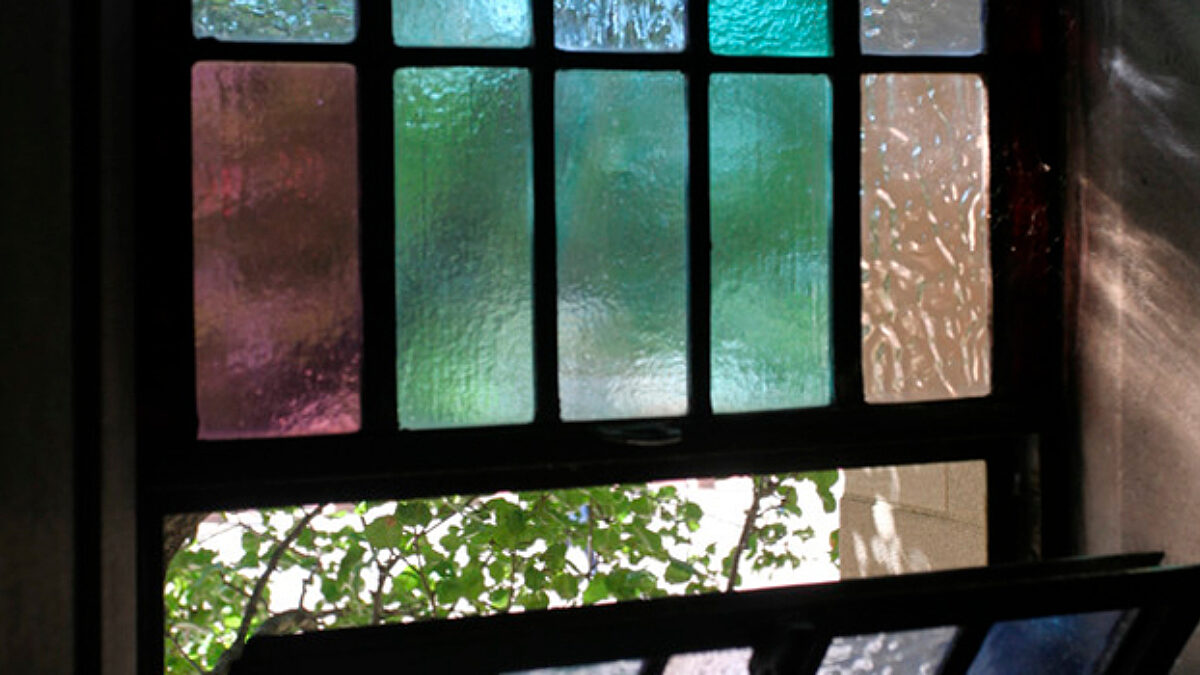
Dry bones come to life
By Jessica Brodie
We’ve heard the stories time and again: once-thriving country churches whose numbers dwindled as their communities folded, until eventually the churches themselves closed their doors.
It’s always sad for me when I hear these stories, as they reflect not just the loss of a church but of a community, a way of life. I picture these country churches as they likely were long ago, bustling with activity and chatter, their doors spilling open after worship with people who’d picnic on church grounds or under a nearby shade tree. That tree, too, is probably long gone, bulldozed in the name of a new housing development.
But once in a while, I hear stories of the reverse: a small church suddenly flourishing again with new life, filled with people and ministry doing all they can the name of the Lord.
This month, we have not only one but two stories on our front page about churches that are seeing this sort of remarkable new growth after a season of setback. Shiloh United Methodist Church, Gilbert, has just completed an expansion and dedicated its building, which is now being used to welcome hundreds of new families moving into the Gilbert community. And Bramlett UMC, Gray Court, is now thriving with more than 100 active members after having dwindled to fewer than 20 and fears that it might soon close.
These churches, and others like them across South Carolina and across the nation and world, remind me of the story of the valley of the bones, in Ezekiel 37.
In that story, the prophet Ezekiel is overcome by the spirit of the Lord and led to a valley filled with dry, dead bones. God shows him the bones and asks Ezekiel whether these bones can live again. Ezekiel replies that only God knows.
But then the Lord does something spectacular! He asks Ezekiel to prophesy over the bones so they can come to life. Ezekiel does, and the bones suddenly come together one by one! Soon they are covered with sinews, flesh and skin. Still, they have no breath in them. So God tells Ezekiel to prophesy again, this time for the breath to enter.
When Ezekiel did, the dry bones came to life.
God said to Ezekiel, “Human one, these bones are the entire house of Israel. They say, ‘Our bones are dried up, and our hope has perished. We are completely finished.’ So now, prophesy and say to them, The Lord God proclaims: I’m opening your graves! I will raise you up from your graves, my people, and I will bring you to Israel’s fertile land. You will know that I am the Lord, when I open your graves and raise you up from your graves, my people. I will put my breath in you, and you will live. I will plant you on your fertile land, and you will know that I am the Lord. I’ve spoken, and I will do it. This is what the Lord says” (Ezekiel 37:11-14 CEB).
Dry bones, once dead, come to life in the Lord—that is what these churches remind me of.
People, too, can be like churches. Once filled with the passion and fervor of the Holy Spirit, time and circumstance sometimes take us in a different direction. Instead of Jesus-centered lives, we find our lives become centered on other, earthly things. Sometimes we don’t even realize this is happening, as we are so caught up in the daily busy-ness of life.
But God puts His breath in us so we may live—no matter our age or stage, no matter our wealth or poverty, no matter our limitations.
As we begin the season of Advent, I pray that we can all look inward at the ways God is trying to breath new life into our dry bones. And I pray we do what we can to let His spirit thrive and work for the glory of His Kingdom.